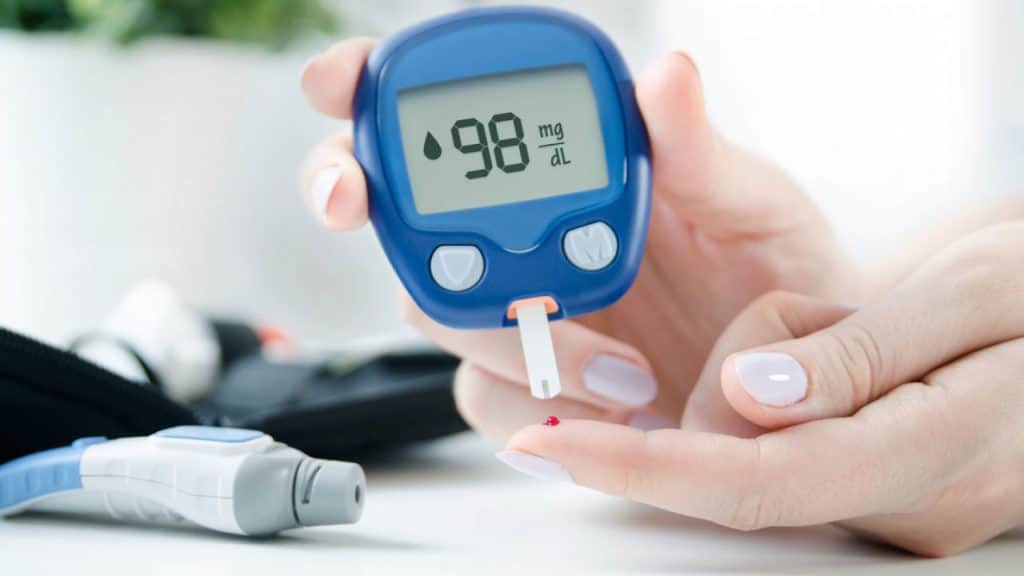At its most basic, diabetes is when your blood sugar regularly gets too high, most commonly because your body either isn’t producing enough of the hormone insulin or the insulin you do produce isn’t working properly.
It may not sound like a big deal, but the symptoms of diabetes can be pretty wide-ranging. If you don’t manage the condition properly (there’s no cure), you could slip into a coma or even die. That’s why it’s important to know what to look out for, especially if you have a family history of diabetes or you have one of the other risk factors, such as not exercising enough.
Early symptoms of diabetes may include needing to urinate a lot. You could feel excessively thirsty, hungry or tired. Your vision may be blurry and you may even lose weight. This happens because you have too much glucose in your blood and it’s not being turned into energy like it should, so your body needs to get rid of it in other ways (like through urinating).
Your condition may depend on whether your diabetes is type 1, type 2, or gestational. These can show up at different times in your life and develop for different reasons. For example, type 1 is more likely to show up in childhood, while type 2 tends to develop later in life and gestational diabetes is associated with pregnancy. Type 1 can cause your condition to deteriorate quickly, while type 2 is often slower to show.
Acute, or immediate, problems from diabetes include diabetic ketoacidosis (DKA) and hyperosmolar hyperglycemic state (HHS), both of which can be fatal. Diabetic ketoacidosis is more common with type 1 diabetes and can develop when insulin is too low, resulting in an increase in ketones and your blood becoming more acidic. In addition to thirstiness and shortness of breath, it can cause extreme abdominal pain and needs to be treated immediately.
Only type 2 diabetics can develop a hyperosmolar hyperglycemic state. Very high blood sugar leads to extreme dehydration. As it progresses, you may become disoriented, lethargic and eventually slip into a coma. It needs to be treated as quickly as possible, generally by trying to replenish fluid levels
In the long term, untreated or poorly managed diabetes can cause a host of issues throughout the body, in part because of the damage to blood vessels and nerves, and the fact that cuts and other wounds are slower to heal. For example, nerve problems in the foot can prevent you from feeling pain and noticing any injuries. If these injuries fail to repair properly, you may develop infections or ulcers, and in the worst cases, you may even need to have the foot amputated.
Other chronic complications of diabetes include diabetic retinopathy, which can cause blindness, and diabetic nephropathy, or kidney disease. You may be at increased risk of heart attacks or strokes, or even some types of cancer. Both men and women can experience sexual problems. Gum disease is also more likely.
You can reduce your likelihood of developing type 2 diabetes in particular by stopping smoking, reducing your alcohol intake, eating a more balanced diet and exercising more. If you have any concerns, talk to your doctor.




